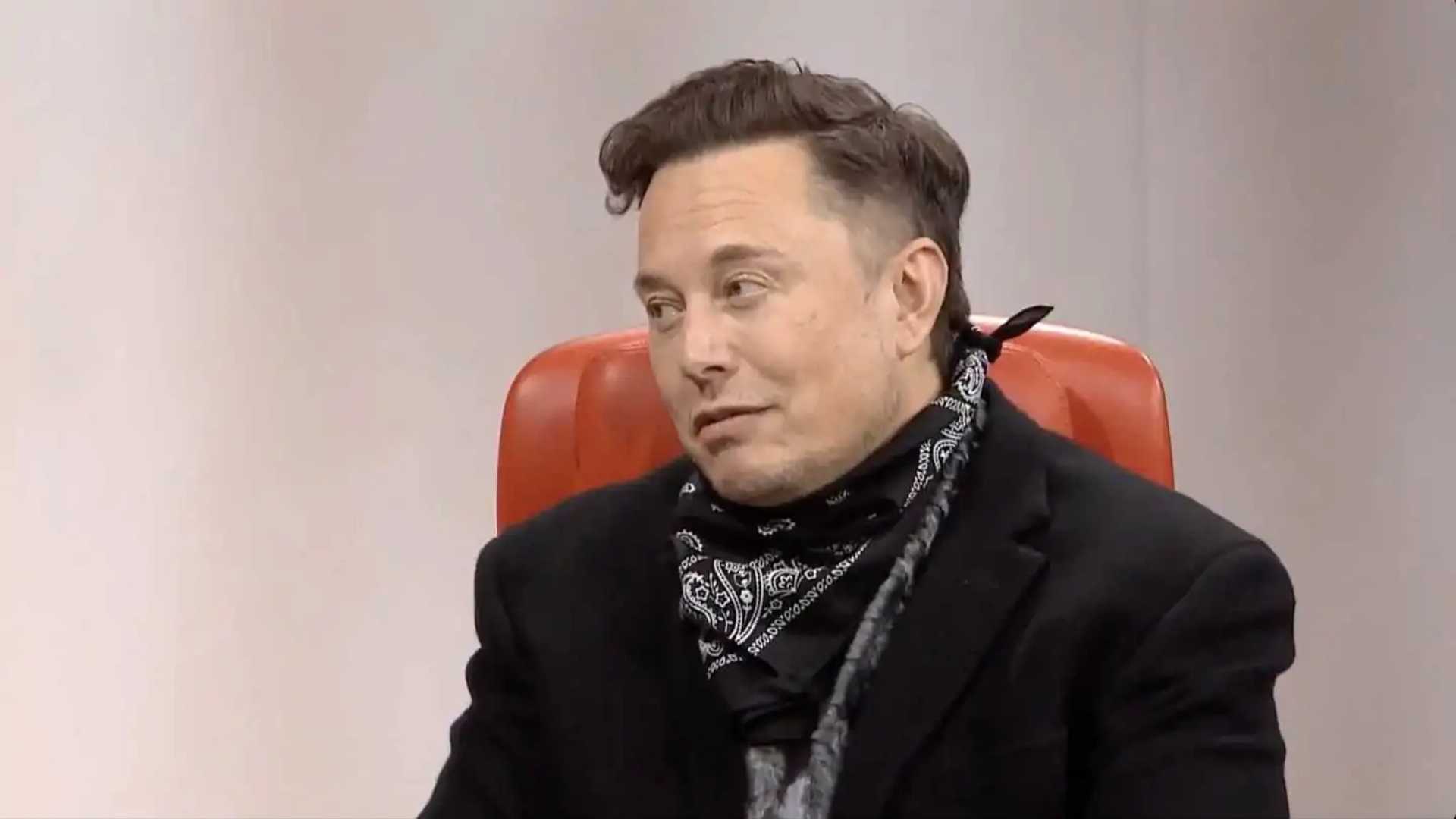
According to a recent report from Automotive News, the US Securities and Exchange Commission (SEC), which regulates stock, said this week that it believes Tesla CEO Elon Musk should have to continue following an earlier agreement related to the use of his Twitter account.
Tesla doesn't advertise, and it doesn't have a communications team in the US. Moreover, the company rarely responds to the press. For this reason, almost all Tesla communication comes from the CEO himself, via his Twitter account, which has nearly 80 million followers.
Back in 2018, Musk tweeted that he was "considering" taking Tesla private at $420 per share. Being that he said considering, it probably wouldn't have been a big deal in the eyes of the SEC, though he added: "Funding secured." Later, it was suggested that funding may have never been secured, but that's beside the point.
The SEC's issue is that Musk sometimes tweets information that could be considered "material." Any of the people on his massive list of followers, including major investment fund managers, could take a look at one of his tweets and make investment decisions that could later come back to haunt them, and it has happened on occasion.
According to some, we should just blame the investor for their poor choices. The argument we've seen many times is you can't immediately believe anything Musk or anyone says on Twitter, and it's your job as an investor to do your due diligence. However, investors pay close attention to the happenings of the companies they invest in, and this is especially true of Tesla via Musk's Twitter account.
Since Tesla is essentially unreachable, and Musk uses his personal Twitter account to communicate information about the company to investors, it's no surprise they tend to follow Musk's Twitter account for "news" that's potentially material. As a reader pointed out, Tesla has even said publicly that Musk's account will be used to disseminate material information.
Sure, investors can also pay particular attention to Tesla "news" that's actually in the media, but the vast majority of it comes from "sources familiar with the matter," and can't be fully substantiated since Tesla refuses to comment.
In the end, this is arguably not about Musk's right to free speech. He can basically say what he wants on Twitter. Rather, it's about whether what he says is material. Just like any other CEO, he has to be aware of the impact of revealing material information, and if he chooses to do so on Twitter, even if it wasn't intentional, the SEC is likely going to take notice. This becomes especially true if it becomes clear that Musk's tweets caused a notable market move, or that investors reacted and then lost money.
At any rate, the SEC recently issued subpoenas to Tesla and Musk. Musk asked a judge to block a subpoena, stating that the organization is relentlessly trying to limit his freedom of speech. More specifically, Musk wants a judge to toss out the consent decree from 2018 that he says the SEC is still using to limit his First Amendment rights and his free speech. The SEC has made it clear it is not targeting Musk, but rather, just doing its job.
In the simplest terms, Musk is still supposed to have a "Twitter sitter" making sure he's not tweeting information that could be considered material, and/or could impact the company's stock. More recently, Musk ran a Twitter poll asking his followers to decide whether or not he should sell some of his Tesla stock. Much like the earlier "funding secured" tweet, it got the SEC's attention.
Automotive News writes:
"In a filing in federal court in Manhattan, the U.S. Securities and Exchange Commission also rejected what it called Musk's "substantively meritless" motion to quash a subpoena requesting records concerning his Twitter poll last November over whether to sell some of his Tesla stock."
At the time of the Automotive News article, Musk's lawyer hadn't responded to a request for comment.







